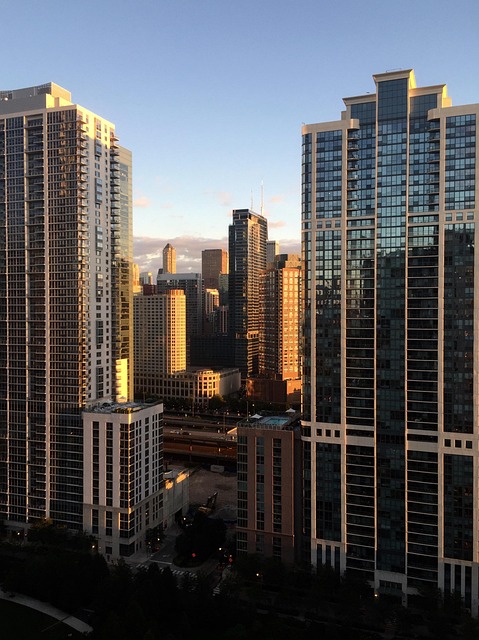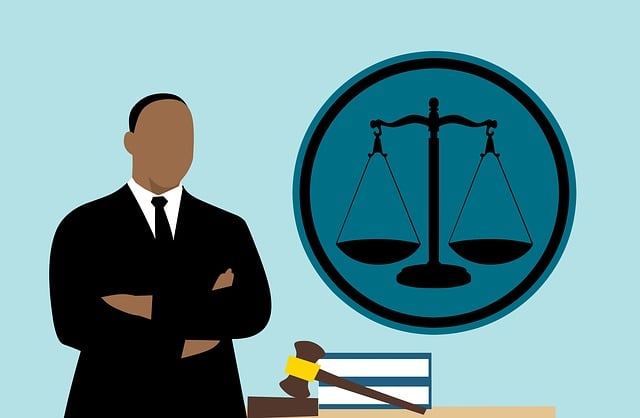Illinois has become a leader in protecting students from sexual abuse in educational institutions through robust policies and stringent measures such as strict background checks, mandatory reporting, and zero-tolerance for perpetrators. These initiatives are supported by Chicago IL school abuse lawyers who specialize in advocating for victims and ensuring justice within the legal system. Strict reporting regulations and harsh penalties for non-compliance enforce a culture of safety, while specialized support resources, including counseling services and legal aid, foster healing and accountability.
“In recent years, Illinois has witnessed significant shifts in legislation aimed at curtailing school sexual abuse, reflecting a broader societal push for protection. This article delves into the state’s updated laws and their impact on student safety. We explore key changes to prevention measures and the enhanced role of school abuse lawyers in Chicago, IL, who assist victims navigating complex legal systems. Additionally, we discuss reporting protocols, consequences for offenders, and available support resources for survivors and their families.”
Illinois Legislation Aimed at Preventing School Sexual Abuse
Illinois has made significant strides in safeguarding students from sexual abuse within educational institutions. The state’s legislation aims to establish a zero-tolerance policy for such incidents, emphasizing prevention and accountability. One notable example is the implementation of strict background check requirements for school employees, including teachers, coaches, and volunteers, making it easier for Chicago IL school abuse lawyers to identify potential offenders.
Additionally, Illinois has introduced mandatory reporting policies, ensuring that schools promptly notify authorities about suspected or confirmed cases of sexual abuse. These measures reflect a broader effort to empower students, protect their rights, and hold perpetrators accountable. By fortifying these safeguards, Illinois continues to prioritize the well-being of its young people, demonstrating a strong commitment to preventing school sexual abuse.
Recent Changes to Protection Measures for Students
In recent years, Illinois has seen significant updates to its laws regarding protection measures for students against sexual abuse in schools. These changes reflect a growing commitment to safeguarding children and young adults within educational institutions. One notable development is the enhancement of reporting procedures, mandating that school officials promptly notify law enforcement and relevant authorities upon receiving allegations or suspicions of sexual misconduct involving students.
Moreover, the state has implemented stricter guidelines for background checks, expanding the scope to include volunteers and contractors who have significant interactions with students. This move aims to prevent potential abusers from gaining access to vulnerable populations. With these updates, Illinois joins a growing list of states taking proactive steps in addressing school abuse, ensuring that students can learn in a safer and more secure environment, assisted by the expertise of Chicago IL school abuse lawyers who specialize in such cases.
The Role of School Abuse Lawyers in Chicago, IL
In Chicago, IL, school abuse lawyers play a pivotal role in advocating for victims and ensuring justice in cases of sexual abuse within educational institutions. These legal professionals are well-versed in the complexities of Illinois laws regarding child protection, education, and criminal procedures. They guide clients through the legal system, helping them navigate sensitive issues and seek appropriate remedies.
School abuse lawyers in Chicago IL offer expertise in handling various matters, including but not limited to, filing lawsuits against schools and district boards for negligence, seeking compensation for victims, and representing individuals in criminal proceedings related to campus sexual assaults. Their work is instrumental in raising awareness about the prevalence of school abuse, pushing for policy changes, and fostering a safer environment for students.
Reporting Requirements and Consequences for Offenders
In Illinois, reporting requirements for school sexual abuse are stringent, aiming to ensure swift action and accountability. All schools, including public and private institutions in Chicago IL, are mandated to have policies in place for receiving and documenting reports of sexual misconduct involving students. Any individual who becomes aware of such incidents is legally obligated to report them to the appropriate authorities. This includes educators, administrators, and other school personnel. Failure to comply with these reporting requirements can result in serious consequences for offenders, often including administrative penalties and even criminal charges.
The consequences for non-compliance or conviction related to school sexual abuse are severe. Offenders may face substantial fines, imprisonment, or both. Additionally, they could be required to register as sex offenders, further impacting their future employment prospects and personal life. These stringent measures reflect the state’s commitment to protecting students from abuse and holding perpetrators accountable through the assistance of school abuse lawyers Chicago IL.
Support Resources for Victims and Their Families
Victims of sexual abuse within Illinois schools and their families can access a range of support resources to help them navigate this difficult situation. Local and state organizations offer counseling services, legal aid, and advocacy to ensure that victims’ rights are protected. These resources include specialized hotlines, non-profit groups dedicated to child protection, and school abuse lawyers in Chicago, IL, who can provide guidance on legal options available for those affected by such incidents.
For emotional support, victims can connect with peer support groups where they can share their experiences anonymously. Legal aid organizations assist with understanding the legal process, filing reports, and navigating potential criminal or civil cases against perpetrators. It’s crucial for families to utilize these resources to foster a healing environment while ensuring justice is served.






